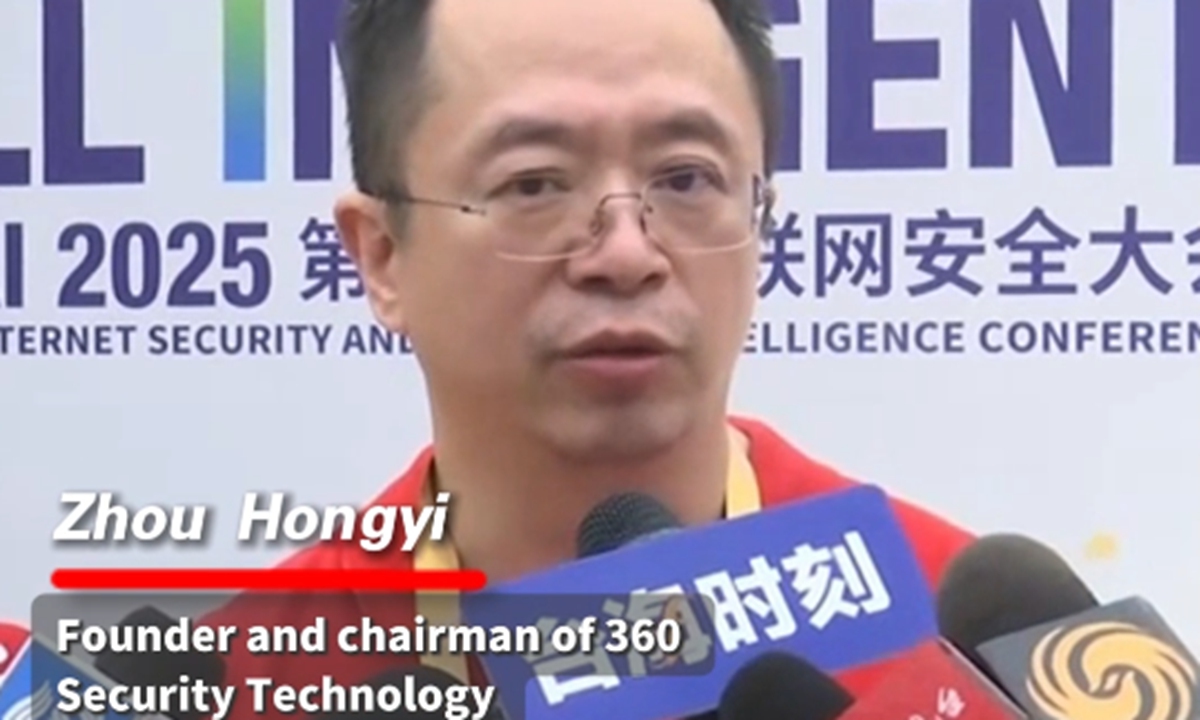Tax Tech Revolution in the Philippines: How Algorithms are Replacing Paperwork

The Philippine Tax Landscape is Transforming: Say Goodbye to Paperwork!
For decades, Philippine taxation was synonymous with a mountain of paperwork – carbon copy invoices, overflowing paper ledgers, and the endless, painstaking manual processing of documents. Remember those yellow columnar pads? They were a staple in every tax office and business. But that era is rapidly fading. A new era of tax technology is dawning, and it's poised to revolutionize how taxes are handled in the Philippines.
The Rise of Tax Technology: A Game-Changer
This isn't just about digitizing existing processes. It's a fundamental shift, driven by sophisticated algorithms, cloud computing, and automation. Tax technology, or “Tax Tech,” is encompassing a wide range of solutions, from automated invoice generation and expense tracking to advanced data analytics and AI-powered compliance checks. The Bureau of Internal Revenue (BIR) is actively encouraging and even mandating the adoption of these technologies, recognizing their potential to boost efficiency, reduce errors, and combat tax evasion.
Benefits of Embracing Tax Tech
- Increased Efficiency: Automate repetitive tasks, freeing up valuable time for businesses and the BIR.
- Reduced Errors: Minimize human error through automated calculations and data validation.
- Improved Compliance: Stay up-to-date with ever-changing tax regulations with automated updates and alerts.
- Enhanced Transparency: Real-time data and reporting provide greater clarity and accountability.
- Combating Tax Evasion: Advanced analytics can identify anomalies and potential fraudulent activities.
What’s Driving This Change?
Several factors are fueling the adoption of Tax Tech in the Philippines:
- Government Initiatives: The BIR’s push for digitalization and its efforts to simplify tax compliance.
- Technological Advancements: The increasing availability and affordability of cloud-based solutions and AI.
- Business Demand: Businesses are seeking ways to streamline operations, reduce costs, and improve accuracy.
- Global Trends: The worldwide shift towards digital transformation and automated processes.
Looking Ahead: The Future of Philippine Taxation
The transition to a Tax Tech-driven system won't happen overnight. Challenges remain, including the need for widespread digital literacy, robust cybersecurity measures, and ongoing training for both businesses and BIR personnel. However, the momentum is undeniable. As Tax Tech continues to evolve, we can expect a more efficient, transparent, and equitable tax system in the Philippines, benefiting both the government and the taxpayers. The days of endless paperwork are numbered – the algorithm age has arrived.
Stay tuned for Part 2, where we’ll delve deeper into specific Tax Tech solutions and explore the challenges and opportunities that lie ahead.






